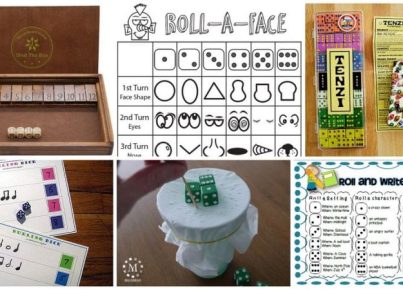Card games can be an excellent tool for teachers looking to enhance learning in their classrooms. Beyond their traditional recreational purpose, card games offer diverse educational benefits and engage students of all ages in a fun and interactive way.
Educational Benefits of Card Games
1. Cognitive Skill Development: Card games often require specific cognitive skills such as strategic thinking, memory, concentration, and problem-solving, which are fundamental components of a student’s cognitive development.
2. Math Skills: Many card games require counting, pattern recognition, and understanding numerical values, which can help reinforce math lessons in a practical setting.
3. Literacy Improvement: Some card games are designed to enhance language skills, requiring players to read, comprehend rules and prompts, and sometimes even form words or sentences.
4. Social Interaction: Playing card games in groups helps foster social skills such as taking turns, communicating effectively, sportsmanship, and working cooperatively or competitively.
5. Emotional Intelligence: Through the course of a game, students can experience a range of emotions from excitement to disappointment. Learning to cope with these emotions in the context of a game can aid their emotional development.
6. Attention Span: Engaging in a multi-step card game can help improve students’ focus and attention span as they are required to follow the progression of the game closely.
Implementing Card Games in the Classroom
1. Selection: Choose card games that align with educational goals. For example, ‘Uno’ for color and number recognition or ‘Apples to Apples’ for language and vocabulary building.
2. Rules Overview: Clearly explain rules before starting the game to ensure all students understand how to play, thus avoiding confusion during the activity.
3. Integration into Curriculum: Use card games as a supplementary activity to reinforce concepts already taught in class. This helps solidify learning through practice.
4. Modifications for Accessibility: Simplify or tweak rules for younger or special needs students so everyone can participate meaningfully.
5. Assessment: Teachers can observe student participation to assess skills such as strategy application or mathematical understanding in real-time.
6. Encouragement of Reflection: After gameplay, encourage students to reflect on what they learned or how they could improve their strategy next time.
7. Equality & Fair Play: Emphasize fairness and equal opportunity for all players by monitoring interactions and ensuring that no student dominates the game excessively.
Considerations Before Use
Before introducing card games into the classroom environment, it is important for teachers to consider age appropriateness, educational content alignment, time-management for setup/cleanup of games, as well as managing noise levels during game sessions.
In conclusion, when used thoughtfully within an educational framework, card games present teachers with a unique tool for engendering collaborative learning experiences that are both educational and enjoyable. As such, they serve not just as a pleasant diversion but as instruments for academic enrichment and social-emotional development amongst students.





